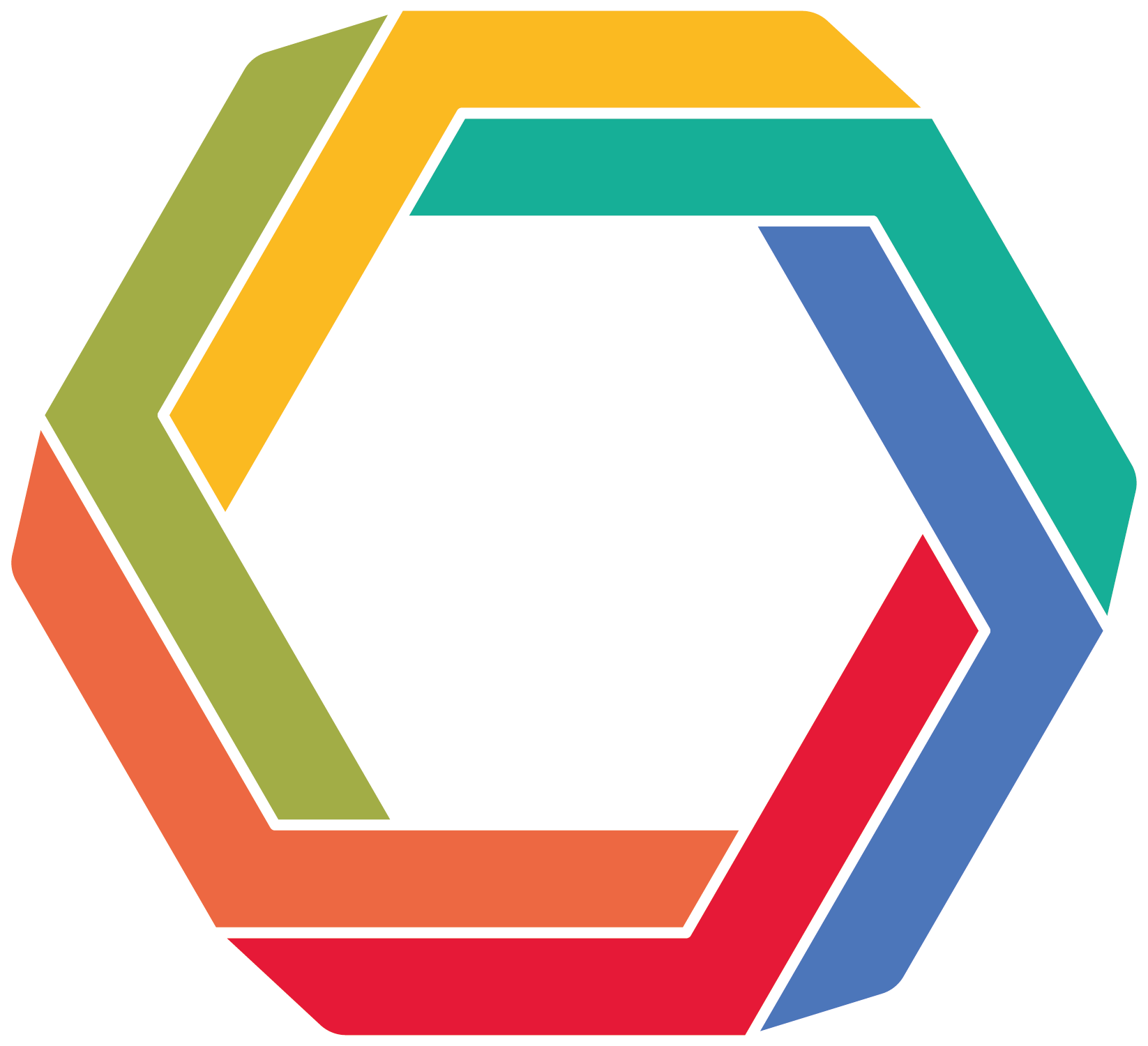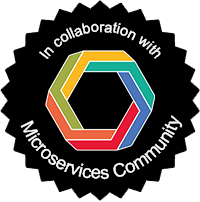Microservices 2023
 The International Conference on Microservices is a forum for the discussion of all aspects of microservices: their design, programming, and operations. The 2023 edition of the conference (Microservices 2023) will take place in Pisa, Italy.
The International Conference on Microservices is a forum for the discussion of all aspects of microservices: their design, programming, and operations. The 2023 edition of the conference (Microservices 2023) will take place in Pisa, Italy.
-
Dates: October 10-12, 2023.
-
Venue: Department of Computer Science, University of Pisa – Directions
The conference’s overarching aim is to bring together industry and academia, to foster discussion on practice and research of microservices.
Microservices 2023 is part of a conference series started with Microservices 2017 which successfully brought together many international practitioners and researches interested in the software paradigm of microservices. During Microservices 2017 the Microservices Community was founded with the aims of sharing of knowledge, fostering of collaborations, and organising events around microservices.
Keynote Speakers

Assessing the scalability of microservice architectures
Andrea Janes
Vorarlberg University of Applied Sciences, Dornbirn (Austria)

Monolithic to Microservice to ... Are we rolling back?
Davide Taibi
University of Oulu, Oulu (Finland)

Keeping expectations high in face of big challenges: managing performance in microservices architectures
Stefano Monti
Imola Informatica SpA (Italy)
Scope and Topics
Microservices are pervading enterprise IT, with many big companies already adopting microservice architectures to deliver their core businesses. Microservices indeed provide an alternative to traditional software architectures, which brings various additional benefits, including increased flexibility, scalability, and improved resilience to failures. Additionally, microservices allow for faster and more efficient development, as well as better collaboration between cross-functional teams. As the technology landscape continues to evolve and become more complex, the importance of microservices in building modern, scalable, and effective applications cannot be overstated.
The 5th International Conference on Microservices (Microservices 2023) seeks contributions from both industry and academia covering all aspects and phases of the design and implementation of microservice architectures, as well as experiences based on daily working with them. Topics of interests include, but are not limited to, the following:
- Software engineering methods for microservices, specifically (but not limited to) agile service design practices, behavior- and domain-driven design
- Formal models for microservices
- Programming languages, notations, and techniques for microservices
- Verification (both static and runtime) of microservice systems
- Testing for microservices: unit tests, system tests, acceptance and regression tests, test-driven service development
- DevOps for microservices, in particular (but not limited to) continuous deployment and distributed monitoring
- Microservices in the context of development, security, and operations (DevSecOps)
- Secure by design in the context of Microservices
- Microservice operation and contributor analysis
- Microservice management: fault, configuration, accounting/cost, performance, security
- Co-change and change impact analysis
- Discovery/recovery and reverse engineering of microservices solutions
- Microservice evolution
- Global governance for microservices
- Methodologies for identification, specification, and realization of candidate services
- Patterns for cloud-native application architectures; service API design and management
- Microservices infrastructure components: API gateways, side cars, and service meshes; reactive messaging brokers; service registries; service containers and cluster managers; infrastructure as code
- Function-as-a-service and serverless cloud offerings; service-based event sourcing and data streaming architectures
- Security and other service quality concerns (consistency, availability, recoverability) in microservices; dealing with General Data Protection Regulation (GDPR) compliance and other data privacy requirements Testing for microservices: unit tests, system tests, acceptance and regression tests, test-driven service development Internet technologies: services, human interactions, data analytics and AI for IoT, architecture things centric, sensor networks, security, privacy, applications
- AI and Microservices (including Datasets, Open-source technology)
- Cyber-physical Systems: AI/ML applications, security
- Industrial case studies and applications: Data Science/Big Data, Smart Industry, Healthcare, Government, Manufacturing, Logistics and Supply Chain Management
- Empirical studies of microservices adoption
- Case Studies and Surveys on the topic of Microservices
- Sustainable practices in the Microservices community
- Education about Microservices technologies
We solicit contributed talks based work in progress, scientific work published or submitted for publication, or practical experience reports. Authors wishing to present their work are invited to submit extended abstracts following the submission guidelines. Abstracts and presentations must be in English.
Post-proceedings and special issue
Depending on the success of this initiative, we are considering the publication of a volume of post-proceedings, for which there will be a separate call for papers. In this way, the interested authors will have a chance to enrich their contributions according to the feedback they received during the event.
The authors of some selected abstracts presented at MICROSERVICES2023 will be invited to contribute an original research paper to the special issue of Electronics (Q2) on “Microservices: Design, Programming, and Operations”.
Please contact the chairs if you have questions.
Awards
The Technical Program Committee of MICROSERVICES2023 will assign up to 3 “Best Contribution Awards” to selected oustanding abstracts presented at the conference. The awards are sponsored by MDPI Electronics and MDPI Software.
Submission
A submission should describe a talk to be given at the conference in the form of extended abstracts with a maximum of two pages for talks from industry and six pages for academic presentations (including references). Submissions can be based on work in progress, scientific work published or submitted for publication, practical experience reports, or practical tool demonstrations. They must further be prepared using the Conference LaTeX Template, be in PDF format, printable in black and white on A4 paper, and interpretable by common PDF tools. Submissions must be in English.
Contributions may be submitted via Oxford Abstracts. The submission deadline is July 09th, 2023 AoE. Resubmissions are allowed until the submission deadline.
Contributions will be reviewed and selected by the Program Committee. Extended abstracts of accepted contributions will be available electronically before the conference. Selected contributions will be invited to submit manuscripts based on their abstracts for conference post proceedings.
For more details on the conference’s scope and topics see the extensive Call for Papers.

